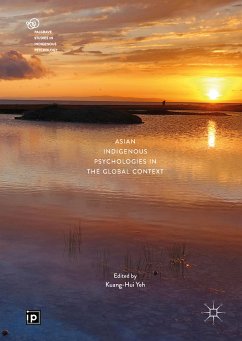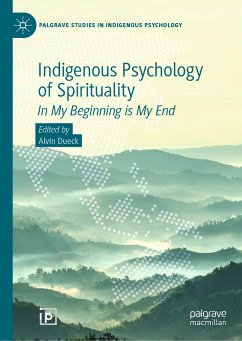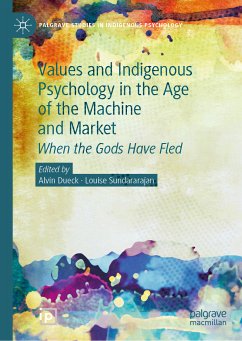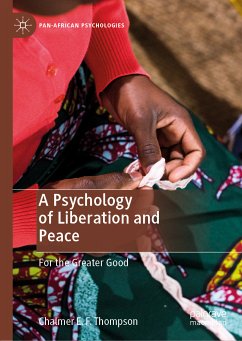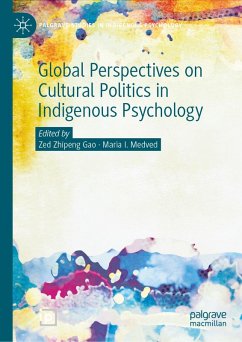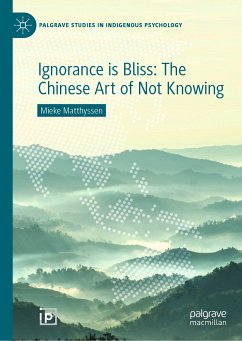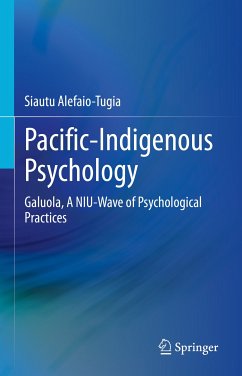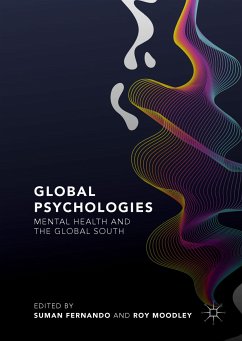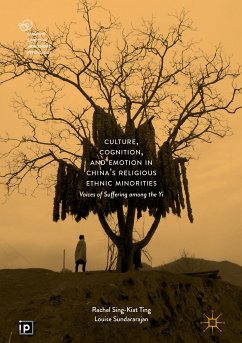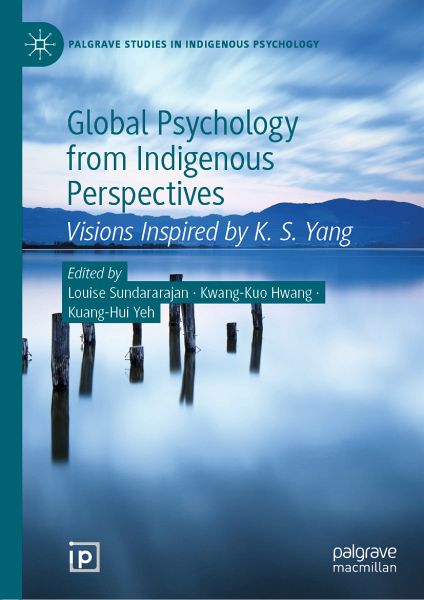
Global Psychology from Indigenous Perspectives (eBook, PDF)
Visions Inspired by K. S. Yang
Redaktion: Sundararajan, Louise; Yeh, Kuang-Hui; Hwang, Kwang-Kuo
Versandkostenfrei!
Sofort per Download lieferbar
120,95 €
inkl. MwSt.
Weitere Ausgaben:

PAYBACK Punkte
60 °P sammeln!
This volume celebrates the visions of a more equitable global psychology as inspired by the late Professor K. S. Yang, one of the founders of the indigenous psychology movement. This unprecedented international debate among leaders in the field is essential for anyone who wishes to understand the movement from within-the thinking and the vision of those who are the driving forces behind the movement. This book should appeal to scholars and students of psychology, sociology, anthropology, ethnology, philosophy of science, and postcolonial studies.
Dieser Download kann aus rechtlichen Gründen nur mit Rechnungsadresse in A, B, BG, CY, CZ, D, DK, EW, E, FIN, F, GR, HR, H, IRL, I, LT, L, LR, M, NL, PL, P, R, S, SLO, SK ausgeliefert werden.



